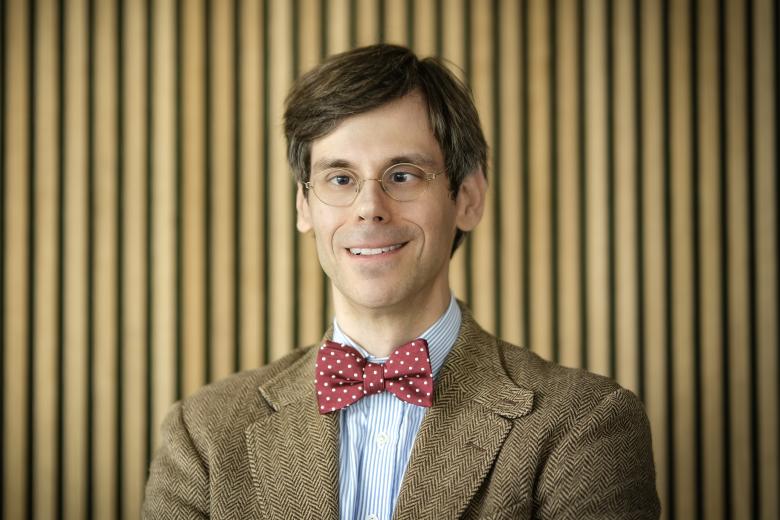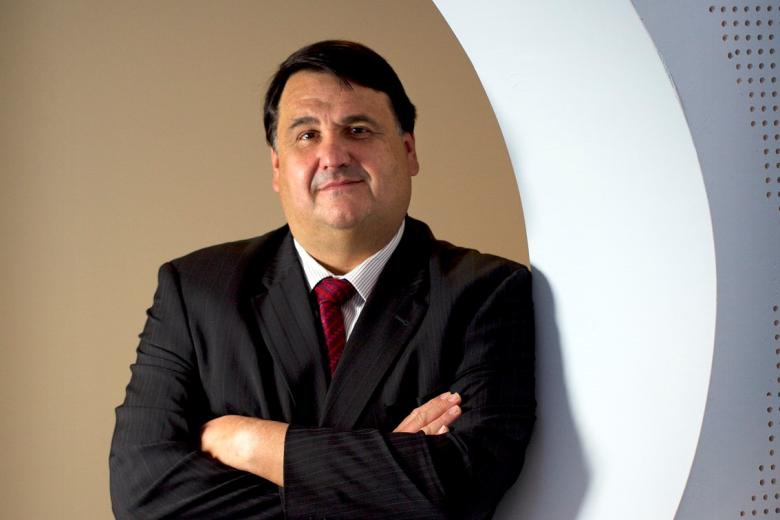Limburg Esperanto
We occasionally receive letters here at Maastricht University telling us we are ruining the Dutch language by only offering education in English. They do not actually have the facts straight: we are a bilingual university with an ‘English unless policy’, which means the language of instruction is English unless there is a good reason for it to be Dutch. This is why some of our most popular programmes, such as Medicine, Arts and Culture and Dutch Law, are taught in Dutch. We also encourage international students to learn Dutch by offering all first-year students a free introduction course. 85% of our international students make use of this opportunity. Why? Because they want to integrate into Dutch society and get a taste of the Dutch and Limburg culture.
It makes sense that not everyone will speak fluent Dutch after taking a course (I too still make mistakes…), but the critics are bothered by these imperfections. They believe that a language should be known inside and out, all of its subtleties included. Anything less than that – such as a mixture of languages – is dismissed as ‘Globish’, which is to say some ‘foul’, incompetent form of communication. I disagree with them, because I think that speaking a different language, even if imperfectly, is a better way to achieve cultural integration than expecting foreigners to strive for a perfect command of Dutch. Ultimately, the goal is to understand each other.
Speaking of cultural integration: languages are always influenced by words from other languages. Take the German words sowieso (anyway), Einzelgänger (loner) and Schwalbe (diving in football to feign an injury), which are now part of the Dutch language. And the various Dutch words adopted into German such as Apfelsine (orange juice), Bücherei (library) and Matrose (sailor). The Limburg dialect is another wonderful example of how words from different languages, such as Dutch, French and German, can combine to form a single language. Its location, history and cultural mix actually make Limburg an excellent place to research multilingualism and local language use. It is for this reason that Maastricht University has established a chair, currently held by professor Leonie Cornips, to study this phenomena.
In any case, it is a blessing to speak more than one language these days, even if imperfectly. In fact, imperfection has its advantages. For instance, at a meeting I once attended as a member of a Council of Commissioners in Maastricht, I referred to the discharge of the board as its ontlasting (defecation), inspired by the German phrase Entlastung des Vorstands. The mood in the meeting became quite light-hearted and enjoyable after that. And a few years ago, when my command of Dutch was not as good as it is now, I met with an important local politician to discuss a large grant. For some reason the meeting was not running smoothly. We managed to work things out despite differing interpretations, but the mood remained awkward. When we parted ways, I offered my guest an exit ticket for the car park by offering him an uitvaartkaartje (drawing on my native German). I had no idea that uitvaart translates to ‘funeral’ rather than anything car park related. Everyone burst into laughter, as did I once I understood what I had said. This unintentional joke broke the ice and improved the situation.
These slip-ups illustrate my firm belief that trying to speak another language, mistakes and all, should be considered a positive thing. Not only is it essential to understanding each other and each other’s culture, but I think it also contributes positively to society at large. The fact that I speak four different languages (German, English, French and Dutch) at four different levels of proficiency has definitely helped me integrate into this region. This is why we will continue to encourage our students to learn different languages. Knowledge of languages is an extremely valuable skill for them to have, regardless of where their careers take them. The multilingualism in this area is not a problem, but a blessing. I think the ‘Limburg Esperanto’ provides a perfect foundation for mutual cultural understanding.
-
Overriding Mandatory Rules in International Arbitration: Balancing Business Freedom and State Interests
Imagine two companies from different countries enter a business deal. They pick a neutral country’s law to govern their contract and agree to arbitrate any disputes, thinking they can sidestep each other’s national courts. But what if one country’s law absolutely prohibits something in the deal –...

-
What is coercion?
According to classic economic thinking—and to common sense—if two parties agree to a deal, both are made better off, otherwise they would not have agreed. This idea is also reflected in contract law, at least in its basic form, treats consent as the cornerstone of a valid contract. If both sides say...

-
New Council year, quality agreements, DEI, alumni, internationalisation & human rights
Dear members of the UM Community,
The new academic year is in full swing, and so are UM’s representative councils. The newly elected University and Faculty Councils, as well as the Service Councils, are busy considering policy proposals and having discussions with the Executive Board, Deans, and...

